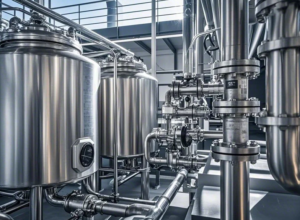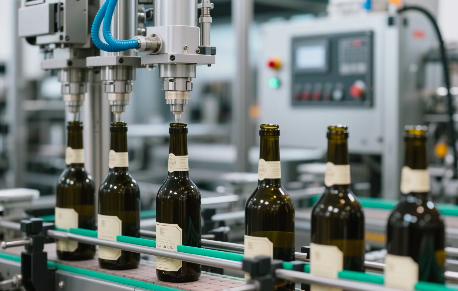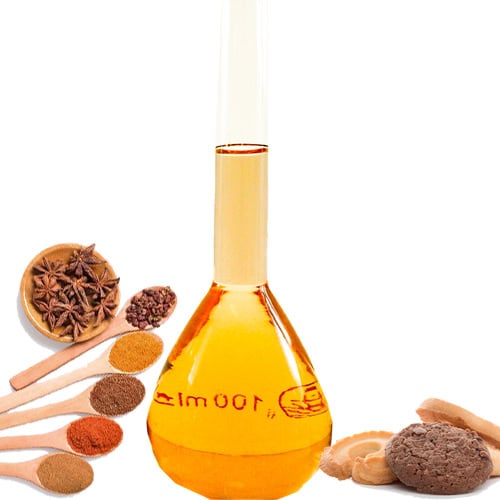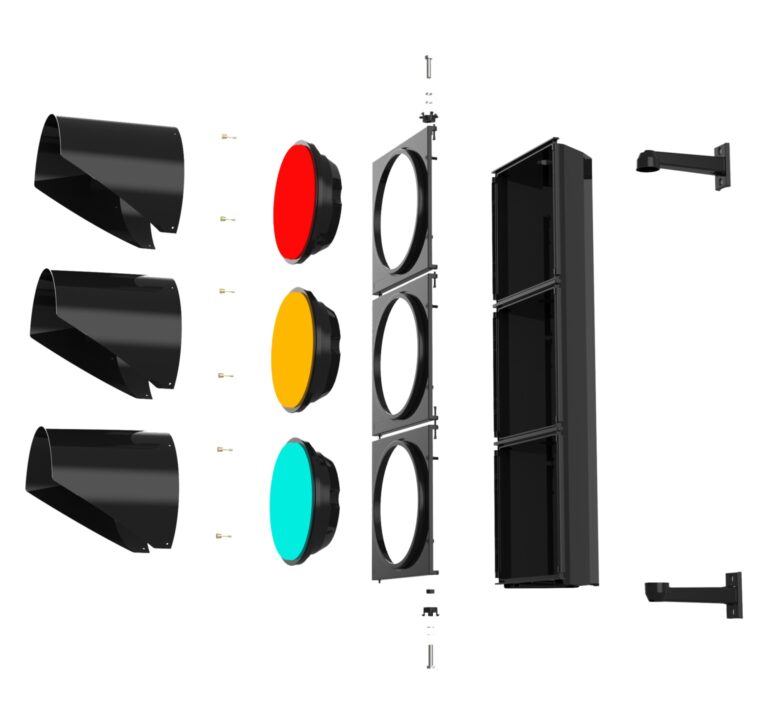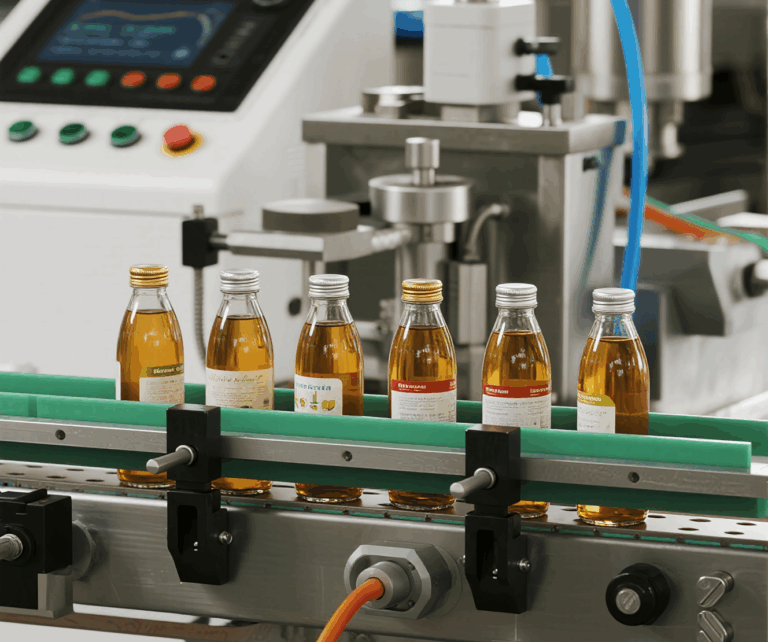目录
The food industry relies heavily on a stable and efficient supply chain, and food ingredient suppliers play a critical role in ensuring this stability.
For food manufacturers, the supply of consistent, high-quality food additives is crucial to producing products that meet consumer expectations. So, how do food ingredient suppliers ensure the stability of their supply chains?

Sourcing from Multiple Suppliers
- One of the primary ways food ingredient suppliers ensure supply chain stability is by sourcing food additives from multiple suppliers or regions.
- This strategy helps mitigate the risk of disruptions caused by factors such as natural disasters, political instability, or economic shifts in a specific region.
- By diversifying their sources, food ingredient suppliers can maintain a continuous flow of food additives, even if one source encounters problems.
- Diversification of sources also allows suppliers to take advantage of price fluctuations and secure the best possible cost for raw materials.
- By maintaining a broad network of suppliers, food ingredient suppliers can negotiate better deals and keep costs manageable while ensuring a steady supply of quality food additives.
Building Strong Supplier Relationships
- A key element of maintaining a stable supply chain is fostering strong, long-term relationships with both primary and secondary suppliers.
- Food ingredient suppliers who have established good relationships with their suppliers are better positioned to ensure the timely delivery of food additives.
- Strong partnerships promote trust, transparency, and effective communication, which are all essential to keeping the supply chain running smoothly.
- Food ingredient suppliers often work closely with farmers, processors, and manufacturers to ensure that the food additives they receive are of the highest quality.
- Regular communication helps identify any potential issues early, such as supply delays or quality concerns, so that corrective measures can be taken before these problems affect the end product.
- Suppliers who maintain open lines of communication are also more likely to receive priority when supply is limited, which helps them stay ahead of potential disruptions.
Effective Inventory Management
- Effective inventory management is another critical factor in ensuring supply chain stability. Food ingredient suppliers who have robust systems in place to track inventory levels can avoid shortages or overstocking, both of which can disrupt the supply chain.
- By accurately forecasting demand and monitoring inventory levels, food ingredient suppliers can ensure that they always have the right amount of food additives available for customers.
- This involves tracking sales trends, understanding seasonal demand fluctuations, and maintaining a buffer stock to account for unexpected changes in supply or demand.
- Suppliers can use automated systems that trigger replenishment when inventory levels fall below a certain threshold.
- These systems help maintain a continuous flow of food additives without the risk of stockouts, ensuring that food manufacturers have the food additives they need when they need them.
- Suppliers who implement such systems are less likely to experience delays or interruptions in the supply of food additives, which helps their clients maintain production schedules.
Adopting Technology for Better Tracking
Many food ingredient suppliers are turning to technology to improve supply chain efficiency and stability. Modern supply chain management software allows suppliers to track food additives from farm to factory, giving them greater visibility into each stage of the production process.
This technology helps identify any potential issues before they become problems, such as a delay in ingredient delivery or a drop in quality.
Conclusion
By diversifying their sourcing, building strong supplier relationships, effectively managing inventory, ensuring strict quality control, maintaining transparent communication, and leveraging technology, food ingredient suppliers can minimize disruptions and provide the food additives food manufacturers need, when they need them.
0
